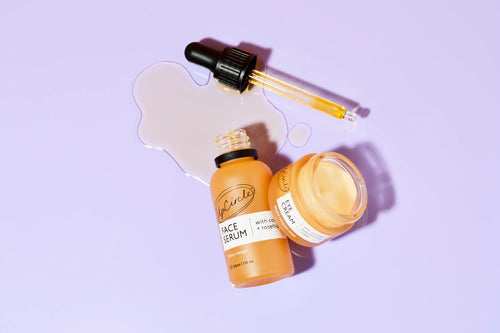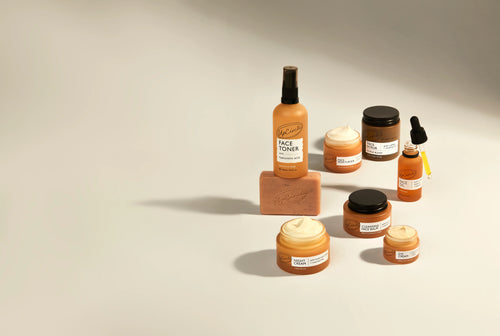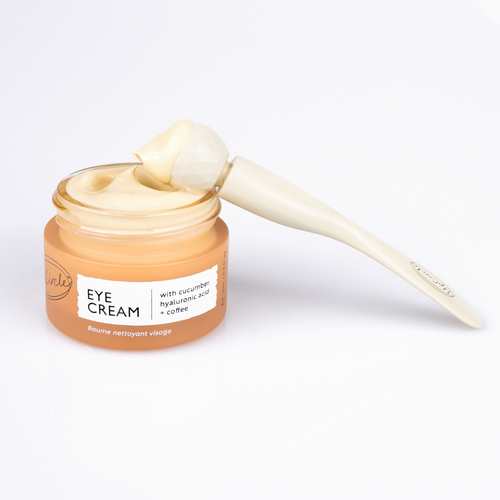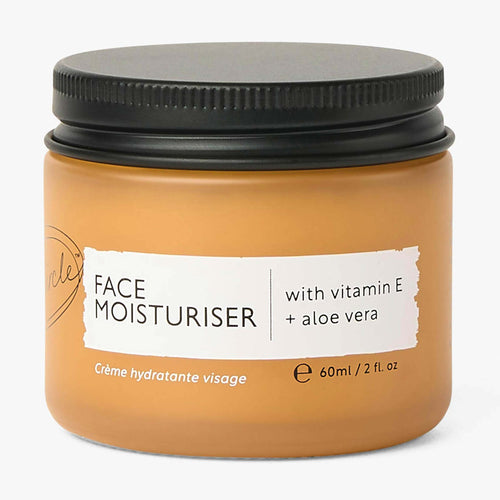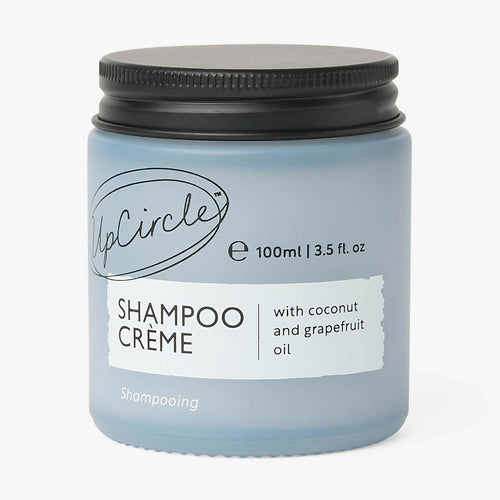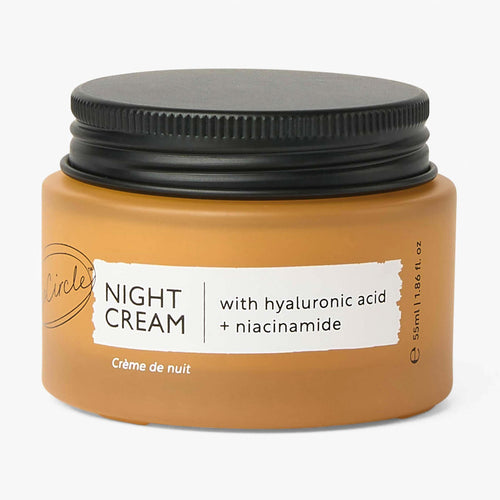We often hear about free radicals – with the main point being that free radicals and your skin are not best friends! But what are free radicals in skin and do you need to be concerned?
It’s important to understand free radicals because they can damage your skin. They cause the collagen to break down, which is responsible for keeping your skin healthy, supple and youthful. As a result, free radicals are largely the reasons behind signs of skin ageing such as blemishes and dark spots, fine lines, wrinkles and loose skin.
Before we look at how free radicals affect the skin, let’s explain what free radicals are.
What are free radicals in skin?
We need to give you a quick recap on your high school chemistry to explain free radicals!
Everything we come into contact with is made of molecules and all molecules contain atoms. Atoms are orbited by pairs of electrons. The basic rule of electrons is that they should stay together in their pair and then everything functions as it should do.
However, things can happen that disrupt electron pairings. If an atom breaks down, the electrons split up. An atom with a single electron is damaging. These atoms without an electron pairing are free radicals and they are harmful in various ways, including to our skin.
It’s natural for our body to sometimes produce free radicals. It’s a normal part of ageing for all of us. However, free radicals are often introduced to our skin from outside the body. One of the primary examples of free radicals in the skin is pollution.
As a result of pollution, free radical damage to the skin is becoming an increasingly significant problem. Unfortunately, this means that if you live in a city, like London, especially if you are in an industrial area, you will be exposed to more free radicals as a result of higher concentrations of pollution.
Examples of things that cause free radicals in the skin also include dust, smog, smoke (including cigarette smoke), domestic cleaning products, UVB rays from the sun and farming pesticides. Unfortunately, some lower quality skincare products may also introduce free radicals to the skin.
How do free radicals affect the skin
The body is primarily made up of water, or H2O. Again, back to our high school chemistry lesson, you’ll remember that the O stands for oxygen. Billions of oxygen atoms make up your body.
It’s common for many of these atoms to go through a process of oxidation (a chemical reaction that occurs when another chemical comes into contact with oxygen). When this happens, the oxygen atoms split and free radicals are released.
It may be a normal process, but we want to reduce the amount of oxygen atoms that split and become free radicals. This is because a free radical attempts to restore the balance of paired electrons by effectively stealing electrons from other healthy atoms. This means the free radicals can unbalance healthy cells, negatively affecting your skin.
Often, when free radicals are unable to grab electrons from other atoms, they directly take them from your cells. This causes a breakdown to the DNA of your skin. Healthy atoms lose their electrons and this causes skin damage.
This is evident on the skin with issues such as dryness, uneven pigmentation, wrinkles and lines, sagging, age spots, broken blood vessels and crepey skin. When your skin is continuously exposed to free radicals, the damage is more notable and accumulates.
How to reduce free radicals in skin
You cannot remove all free radicals from your body and skin. However, you can reduce free radicals in your skin and reduce the rate and scale of damage they cause.
Going back to our chemistry lesson, we therefore need to work to stop free radicals trying to steal a new electron from another atom or cell. We need to prevent free radicals going around looking to find a new pairing in the wrong place, causing damage.
There’s a really easy way to do this: introduce antioxidants. Remember we talked about oxidisation being the issue? Well, antioxidants stop that oxidisation so that free radicals don’t get released and they can’t steal electrons from the wrong place.
With a thoughtful approach, you can introduce antioxidants both internally (via your diet) and externally (through your skincare) so that free radicals are reduced and damage is lessened.
So what are antioxidants?
There are a huge number of antioxidants. They include vitamins and other nutrients which protect your cells. Perhaps the best known antioxidants for skin are the vitamins A, C and E. These ACE vitamins are the antioxidants you should build into your skincare to reduce free radical damage.
These antioxidants will bind to free radicals, giving them their electron and restoring the missing pairing, so that the free radical doesn’t steal an electron from elsewhere.
Introducing antioxidants to prevent free radical damage
Skincare should always start from the inside out. So, ensure your skin-friendly diet is rich in the ACE vitamins. That means lots of fruit and vegetables in a rainbow of colours, but particularly berries (blueberries and raspberries are fabulous), leafy greens like kale and spinach, and even coffee and tea as well as a nibble of high quality dark chocolate.
Next, turn your attention to your skincare.
If we recommend one skincare product everyone should use it is face serum. Our Organic Face Serum with Coffee Oil firstly brings you the antioxidants of coffee, but it’s also rich in vitamin C. This actively encourages collagen health, reducing free radical damage.
Our Face Moisturiser is packed with vitamin E from upcycled argan shells which is another antioxidant. It’s suitable for all skin types and has even won awards! Furthermore, our upcycled coffee ground exfoliating scrubs are also perfect for reducing free radicals in your skin.
You can’t remove free radicals from your skin altogether, but you can use natural nutrient-dense skincare products which help to reduce their prevalence and damage to your skin.
Browse our full range of vegan and cruelty-free skincare.
